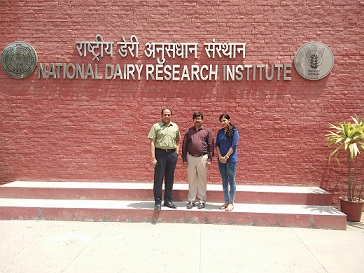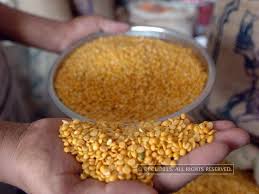Scientists have developed a computer programme that can monitor irregular heartbeats of a patient and can predict if the patient is suffering from heart disease.
The programme is designed to analyse data from an electrocardiogram which is used to monitor a patient�s heartbeats over a period of time. The result is seen as many waves that appear at regular intervals, where a single heartbeat is made of 5 wave peaks known as P, Q, R, S, and T. Any deviation in the time interval between these peaks generally indicates abnormal heart condition. Arrhythmia or irregular beating of the heart is indicative of cardiac disease.
Developed by Chinmay Chandrakar and Monisha Sharma, the programme uses information from patient electrocardiograms. It filters noisy signals in this data and converts heartbeat wave signals into a 0-1 binary language, which makes it easy for any computer to store and interpret it. It reads the time interval between the R peaks of an electrocardiogram. Both these features together, researchers claim, are not available in similar commercially available software.

"The most significant application of our program is to generate an alert signal for irregular electrocardiogram behaviour in a person. Such automated system will be useful in remote areas where a cardiologist may not be easily available", researchers have said
The most significant application of our program is to generate an alert signal for irregular electrocardiogram behaviour in a person. Such automated system will be useful in remote areas where a cardiologist may not be easily available, researchers have said in their paper published in journal Current Science.
The study was done at the Shri Shankaracharaya College of Engineering and Technology and Chhattisgarh Swami Vivekananda Technical University, Bhilai in Chhattisgarh. The programme has been tested efficiency of the program at the Massachusetts Institute of Technology�Beth Israel Hospital database of normal individuals and arrhythmia patients. (India Science Wire)




